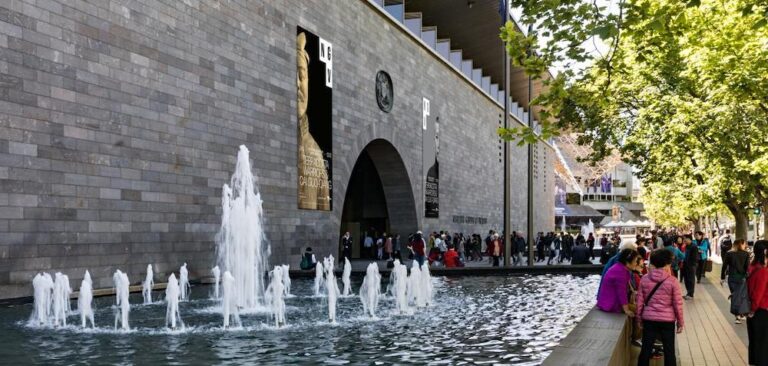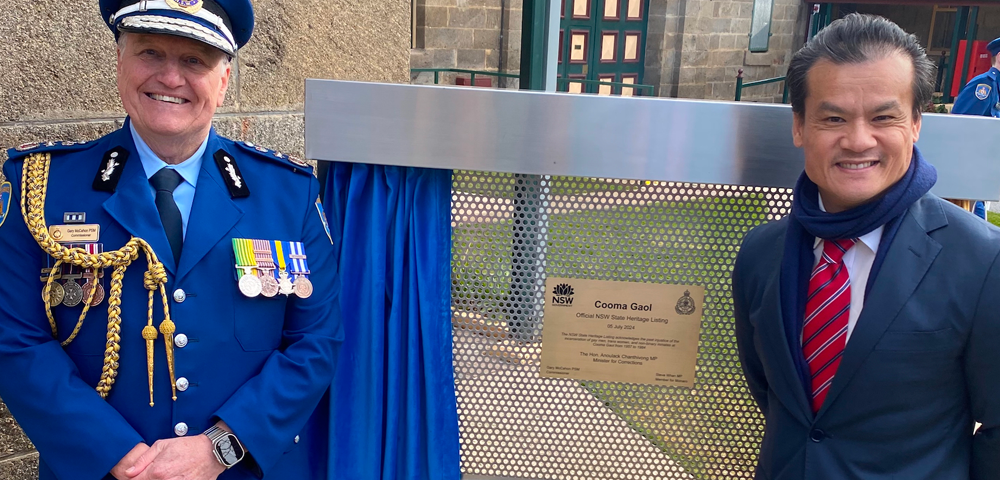
Defence rights win
A landmark shift in Australian Defence Force (ADF) policy will see servicepeople’s same-sex partners gain the same rights as their heterosexual counterparts in areas including housing assistance and leave entitlements.
The policy change has drawn praise from gays in the military but produced a mixed response from activists.
In an internal memorandum circulated last Friday, the Australian Defence Force (ADF) outlined changes that would acknowledge personnel’s same-sex partnerships as interdependent relationships and bring expanded rights.
The government has agreed to changes to ADF policy that will extend the conditions of service which apply to member[s] with dependants -¦ to include ADF personnel in interdependent relationships, the memo read.
These conditions include housing assistance, removals, travel, leave and other benefits such as education assistance.
The new group will include ADF members who are involved in interdependent relationships with a same-sex partner.
To be recognised as interdependent, same-sex partners are likely to have to show they have a close personal relationship that involves domestic and financial support, according to the memo.
The changes are part of an internal policy shift, not a legislative amendment. They will take effect on 1 December.
Traditionally, the ADF has not recognised same-sex partnerships for the purpose of various personnel entitlements.
An ADF spokesperson said the department hoped to provide a fair and inclusive workplace with the new reform.
Defence places great emphasis on ensuring its people work in an environment that is fair and inclusive, recognising that this enhances operational capability and effectiveness, the spokesperson said.
However, the changes will not apply once gay and lesbian servicepeople retire.
The policy changes are only in respect of military conditions of service available to currently serving ADF personnel, the spokesperson said.
The ADF initiative has drawn praise from serving gay men and lesbians and their partners.
Royal Australian Navy Petty Officer Stuart O’Brien, who has been in a gay relationship for about six years, told the Star the reform was of major significance.
It opens up the door that [gay and lesbian servicepeople and their partners] will be treated exactly the same as a married couple or a [heterosexual] de facto couple and receive housing and all the benefits that go with it, he said.
O’Brien, convenor of the Defence Gay and Lesbian Information Service (DEFGLIS), said servicepeople deserved credit for the change.
I would say that it’s the people who have actually pushed for it and continued applying for the recognition, since 1992, when they lifted the ban [on] gays and lesbians to serve in the [Australian] military, he said.
[But] there’s still that bias out there against some gays and lesbians serving in the military, and that’s going to be the case for a while, I think.
Nicky Bath, whose partner Sian has served in the navy for about four years, told the Star the ADF decision was certainly a win for the community.
The main thing is that until this [reform] goes through on 1 December, I actually don’t exist. Sian is treated as a single person, Bath said.
It’s just fantastic that this has happened.
Some gay activists have been less welcoming.
Rod Swift, spokesperson for national lobby group Australian Coalition for Equality (ACE), applauded the changes but stressed they were too little, too late.
It should have happened 13 years ago, when gay and lesbian servicepeople were allowed to serve, Swift told the Star.
The Howard government has done very little to change things legislatively for the better.
Last week the Star reported the federal government would include same-sex partners in the definition of family members under proposed anti-terrorism laws.
But NSW Gay and Lesbian Rights Lobby co-convenor David Scamell told the Star the Defence changes sent a strong and positive statement about same-sex relationships.
I think this development does put pressure on the government to undertake a much more extensive and comprehensive review of how they deal with same-sex relationships at a federal level.









